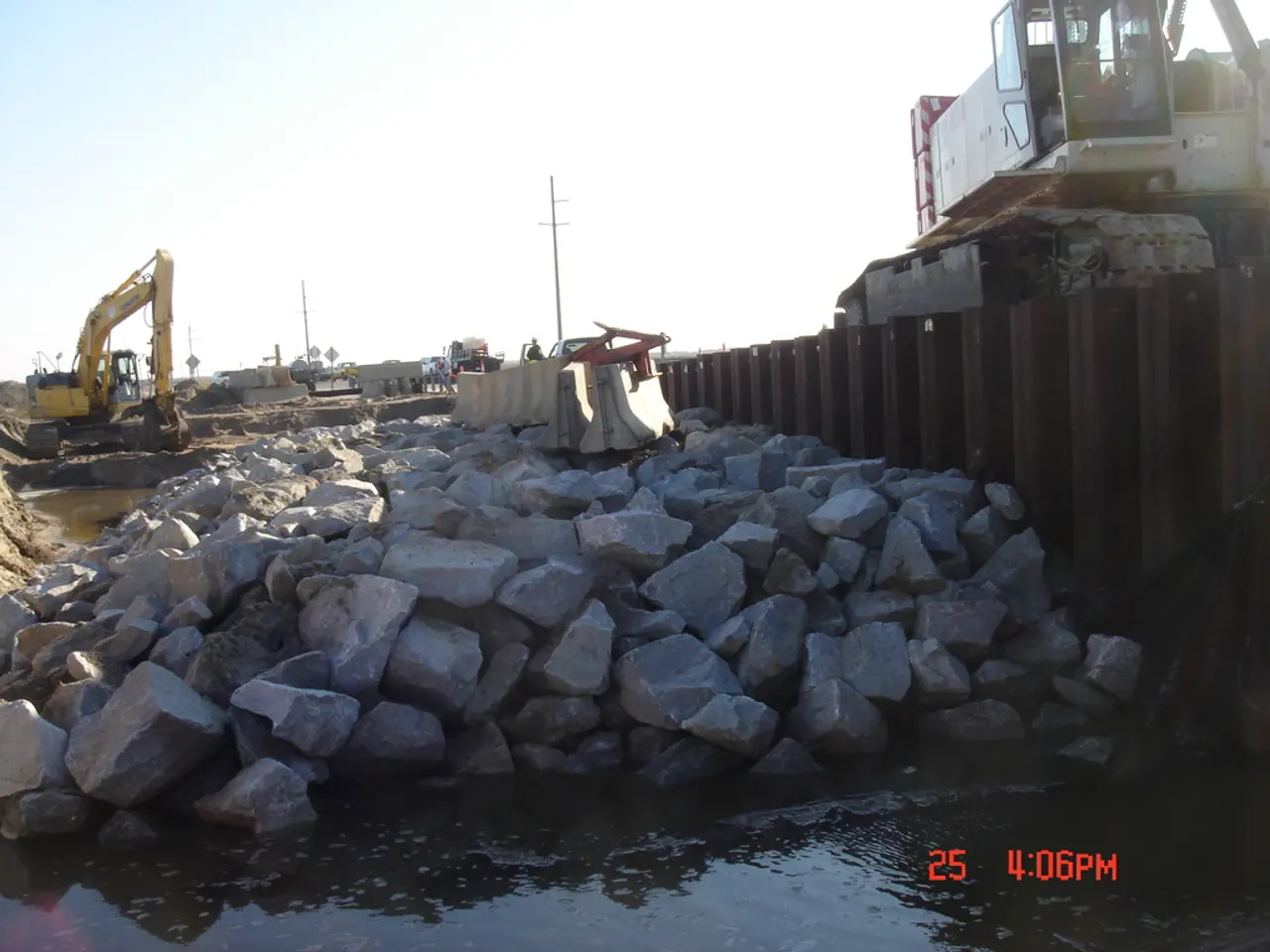Abundance of Critical Minerals and Rare Earths in U.S. Mine Waste Suggests Self-Sufficiency in Mineral Imports. However, Exploiting These Reserves poses Significant Challenges
In the pursuit of a greener and more self-sufficient future, the United States is looking to its own backyard for solutions. A wealth of critical minerals, long overlooked, lies hidden in the waste produced by U.S. mines.
Elizabeth Holley, a mining engineer at the Colorado School of Mines, has been at the forefront of this discovery. She states that there is a significant amount of lithium, a key component in electric vehicle batteries, in U.S. mine waste. This alone contains enough lithium to power 10 million electric cars.
Moreover, Holley's research has uncovered some of the largest germanium potential in the country at Alaska's Red Dog mine. Germanium is another crucial mineral used in electronics and solar panels.
U.S. companies like MP Materials and Energy Fuels Inc. are now working on technology to extract rare earth elements from mining waste piles. With a 90 percent recovery rate, it's possible that almost all critical mineral imports could be eliminated, reducing our reliance on a precarious global supply chain that includes countries like China.
However, extracting trace amounts of minerals like gallium and tellurium requires new refining steps, extra circuits, and different reagents. This presents a challenge, but one that Holley believes can be overcome by rethinking how we process rock.
The Pentagon has already recognised the importance of this issue, pouring $400 million into the country's only rare-earth mine. President Donald Trump also invoked wartime powers to accelerate U.S. extraction of minerals like uranium, copper, potash, and gold, citing the threat to U.S. national and economic security due to reliance on hostile foreign powers' mineral production.
Despite these efforts, funding for federal science programs that might help with recycling minerals has been slashed by Congress. This is a problem, as instead of recovering these critical minerals, they are often tossed into tailings piles.
However, there is a silver lining. Holley and her team found that America already mines almost every critical mineral it needs. For instance, U.S. mining waste contains enough cobalt, germanium, and other rare metals to all but wipe out U.S. imports. Recovering even 1 percent of the byproducts could substantially reduce reliance on imports.
Moreover, U.S. mining waste contains enough manganese for 99 million electric vehicles (EVs). This is a significant finding, given the growing demand for EVs and the need for sustainable, domestic sources of manganese.
In Montana, nickel-rich byproducts could be recovered at the Stillwater and East Boulder mines. This could stabilise the supply chains for these critical minerals, without the need to open new pits or blow up more mountains.
In conclusion, the potential for U.S. mines to provide critical minerals needed for a green, self-sufficient future is immense. By rethinking how we process rock and investing in the necessary technology, we can unlock this treasure trove and reduce our reliance on a precarious global supply chain.







